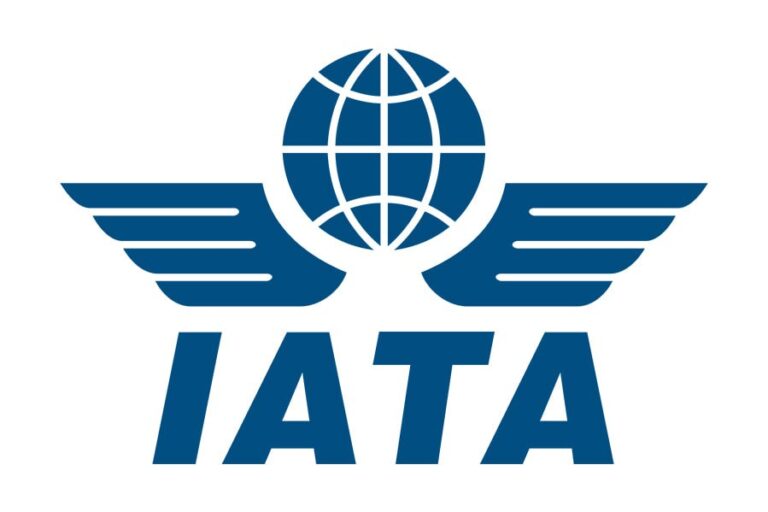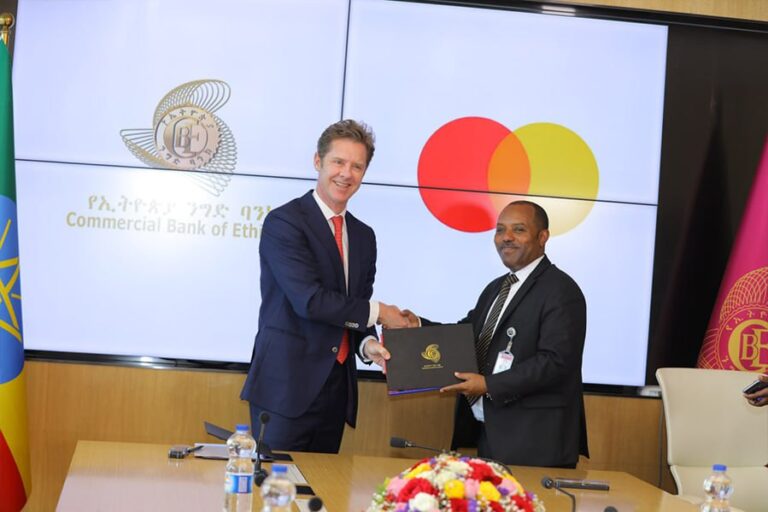The International Air Transport Association (IATA) called for urgent action to deepen the understanding on the formation and climate impact of aviation contrails to develop effective mitigation measures. The newly released IATA report Aviation Contrails and their Climate Effect: Tackling Uncertainties and Enabling Solutions calls for a strengthening of collaboration between research and technological innovation, coupled with policy frameworks to address aviation’s non-CO2 emissions through more atmospheric data.
The report, which was developed through collaboration between industry, governments, universities, and research institutions, sheds light on the significant impact of contrails on global warming and outlines potential measures to minimize their effects.
Contrails, the visible trails left behind by aircraft in the sky, have long been recognized as a contributor to climate change alongside carbon dioxide (CO2) emissions. When formed in ice-supersaturated regions, contrails can transform into cirrus clouds, which both reflect incoming solar radiation during the day and trap outgoing heat. These persistent contrails have a warming effect on the climate, with variations depending on factors such as time of day, season, and geographical location.
The report acknowledges the complexity of contrail science and highlights the existing gaps in understanding the formation, persistence, and climate impact of contrails. Despite extensive research, predicting individual contrail formation and assessing their precise climate impact remains challenging due to uncertainties and limitations in data collection and atmospheric modeling.
To address these challenges, the aviation community is actively engaged in researching ways to minimize the warming impacts of contrails. The report emphasizes the importance of strengthening the synergy between research, technological innovation, and enabling policy frameworks to effectively reduce aviation’s climate footprint.
The report highlights various initiatives and trials aimed at reducing contrail formation. Collaboration among meteorologists, climate researchers, airlines, and aircraft manufacturers has provided valuable insights into contrail formation. However, it has also underscored the need for enhanced data collection and addressing air traffic network complexities. Trials involving modified flight paths and alternative fuels have shown potential in mitigating contrail formation but are limited by the variability of atmospheric conditions and the localized nature of contrail occurrences.
Technological advances, particularly in the development of humidity sensors on aircraft, are proposed as critical for improving contrail prediction and avoidance strategies. While the current sensor technology on commercial aircraft lacks the required sensitivity and response time, ongoing research aims to develop more accurate and robust solutions. By installing sensors on a limited number of aircraft, it would be possible to collect high-resolution, real-time data on atmospheric conditions, thereby improving numerical weather prediction models.
The report concludes with a series of recommendations for short, medium, and long-term approaches to address the climate impact of contrails. In the immediate term (2024-2030), reducing CO2 emissions takes precedence over uncertainties in contrail detection and climate impact. Mid-term actions (2030-2040) include establishing standards for data transmission, continuous model validation, and encouraging aircraft manufacturers to incorporate provisions for meteorological observations. Longer-term actions (2040-2050) focus on increasing the world fleet providing data and gaining a comprehensive understanding of the non-CO2 effects of alternative fuels.
The aviation industry and its stakeholders are committed to addressing non-CO2 emissions and mitigating their impact on climate change. The report emphasizes the need for ongoing research, experimentation, and collaboration to bridge the existing knowledge gaps and implement effective measures. By strengthening the synergy between technological innovation and regulatory frameworks, the aviation community aims to reduce its climate footprint while advancing scientific understanding and technological capabilities.
As the urgency to combat climate change grows, the aviation industry stands ready to play its part in minimizing the environmental impact of contrails and ensuring a sustainable future for air travel.








